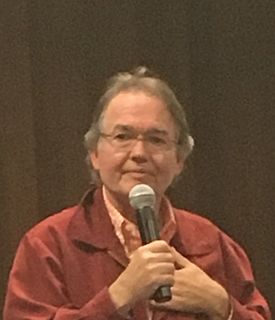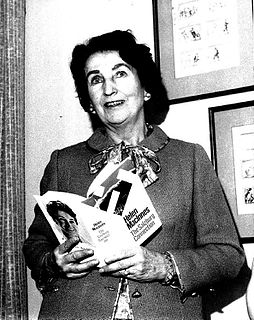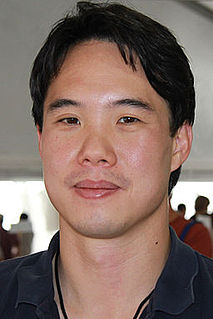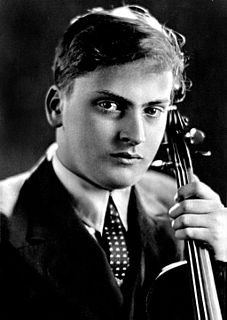A Quote by John Gray
The process of learning requires not only hearing and applying but also forgetting and then remembering again.
Related Quotes
Poetry is one of the ancient arts, and it began, as did all the fine arts, within the original wilderness of the earth. Also, it began through the process of seeing, and feeling, and hearing, and smelling, and touching, and then remembering--I mean remembering in words--what these perceptual experiences were like, while trying to describe the endless invisible fears and desires of our inner lives.
The Chinese philosopher Chuang-Tzu stated that true empathy requires listening with the whole being: The hearing that is only in the ears is one thing. The hearing of the understanding is another. But the hearing of the spirit is not limited to any one faculty, to the ear, or to the mind. Hence it demands the emptiness of all the faculties. And when the faculties are empty, then the whole being listens. There is then a direct grasp of what is right there before you that can never be heard with the ear or understood with the mind.
I had forgotten: this is what it feels like to live in time. The lurching forward, the sensation of falling of a cliff into darkness, and then landing abruptly, surprised, confused, and then starting the whole process again in the next moment, doing that over and over again, falling into each instant of time and then climbing back up only to repeat the process.
We embark unhesitatingly on the path, in a direction that is absolutely right and urgent, supported by everyone, in the knowledge that this path is but a learning process... We have to keep on learning, creating, applying, by-passing, touching upon, refining and clarifying a number of notions and details that need to be improvised and applied and which, thank God, we cannot foresee. The only rigidity lies in our will, our conviction that we are on the right road and that our initiatives are most pressing.
I really enjoy forgetting. When I first come to a place, I notice all the little details. I notice the way the sky looks. The color of white paper. The way people walk. Doorknobs. Everything. Then I get used to the place and I don't notice those things anymore. So only by forgetting can I see the place again as it really is.

































